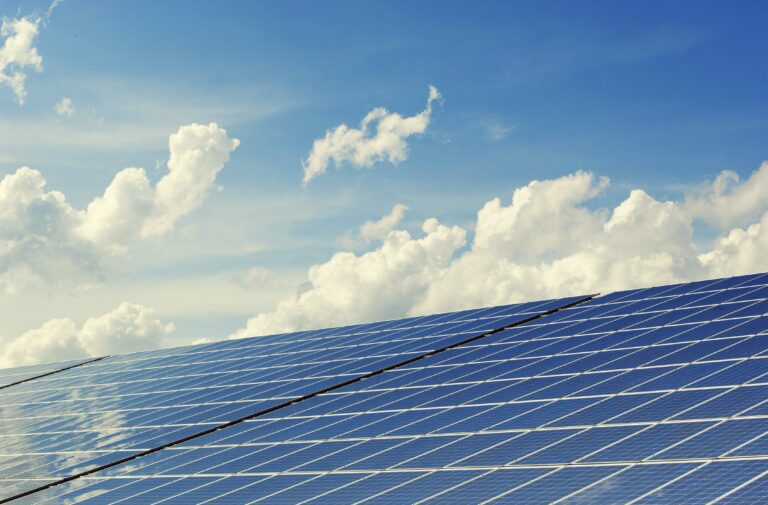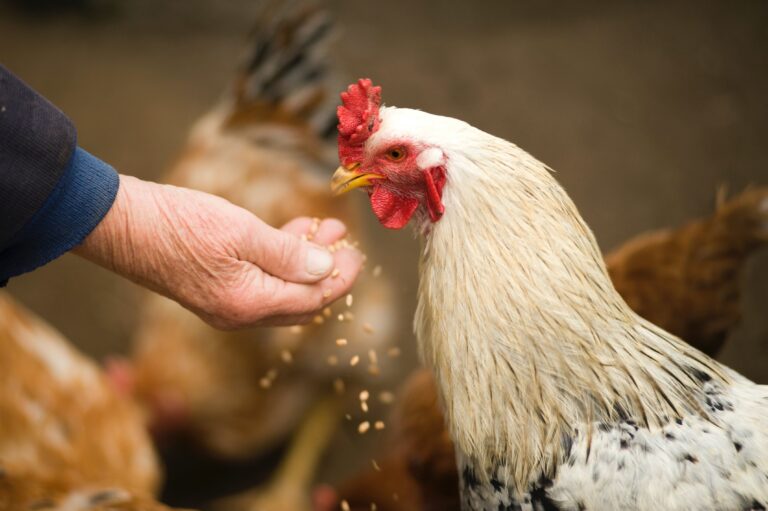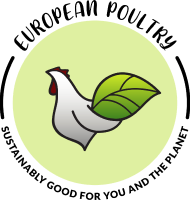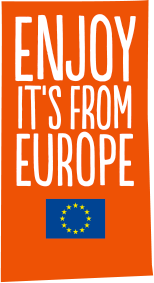Helping the planet: Lower energy use
One major success is the significant drop in the environmental footprint of the production of poultry meat in Europe. Thanks to the improved use of feed and fast-growing poultry species, the European poultry sector has cut down on the greenhouse gasses it produces by an impressive 19% in the last 20 years. This not only helps the environment but shows that the European poultry industry has been trying to reduce its impact and works to fight climate change

Improved performance: The biologically efficient poultry
The improved performance of modern poultry is proof of biological efficiency. With a reduced feed requirement of 320 g per kilogram of live weight, and a 40 g increase in total eviscerated yield, the European poultry sector has achieved a balance between sustainability and productivity.
At the same time, this progress has led to improvements in the quality of life, health, and welfare, emphasizing the holistic approach of poultry farming.

Reduced pollution potential: A cleaner, more responsible sector
Beyond greenhouse gas reductions, advances in feed conversion ratio (FCR) have also led to a 28% reduction in nitrate and phosphate excretion, addressing concerns about pollution potential. This originates in a commitment to responsible nutrient utilization, in line with sustainable agricultural practices and environmental responsibility.
Water use: Striving for efficiency and health
In addition to sustainability efforts, water utilization has also developed positively improved water intake has not only contributed to better gut health and litter quality but has also led to a reduction in water consumption of 0.57L per 1 kg of poultry. This is an example of the industry’s commitment to efficient and sustainable water management, which is crucial in the face of increasing global water scarcity.
Progress in live weight and feed efficiency: Lower energy use
Progress has also been made in terms of energy efficiency, with advancements in live weight, shorter rearing times, and reduced feed production and transport have contributed to a remarkable 19% reduction in overall energy consumption. This is a significant step towards an energy-efficient and environmentally conscious poultry sector.
Less land use and transport: A win-win scenario
In terms of land use and transport, improvements in FCR have resulted in 2.5 kg of poultry requiring 0.8kg less feed. This means that 42% less agricultural land is needed for poultry feed production.
Additionally, there has been an 18.3% decrease in road trips for delivering raw materials and feed for poultry, showcasing a commitment to reducing the environmental footprint associated with transport.
In conclusion, the European Poultry sector has demonstrated that sustainability is not just a desirable feature but an integral component of successful poultry farming that continues to improve with time and effort.
The efforts made over the past two decades prove the industry’s commitment to environmental responsibility, efficient resource utilization, and the overall well-being of the poultry population.
As the sector continues to evolve, these achievements serve as a foundation for future innovations and reinforce the idea that sustainability is a “must” not just a “should have.”

- [1] Source: DELIVERING IMPROVED PRODUCTIVITY AND SUSTAINABILITY for the broiler industry over the past 20 years” by AVIAGEN, March 2023.







